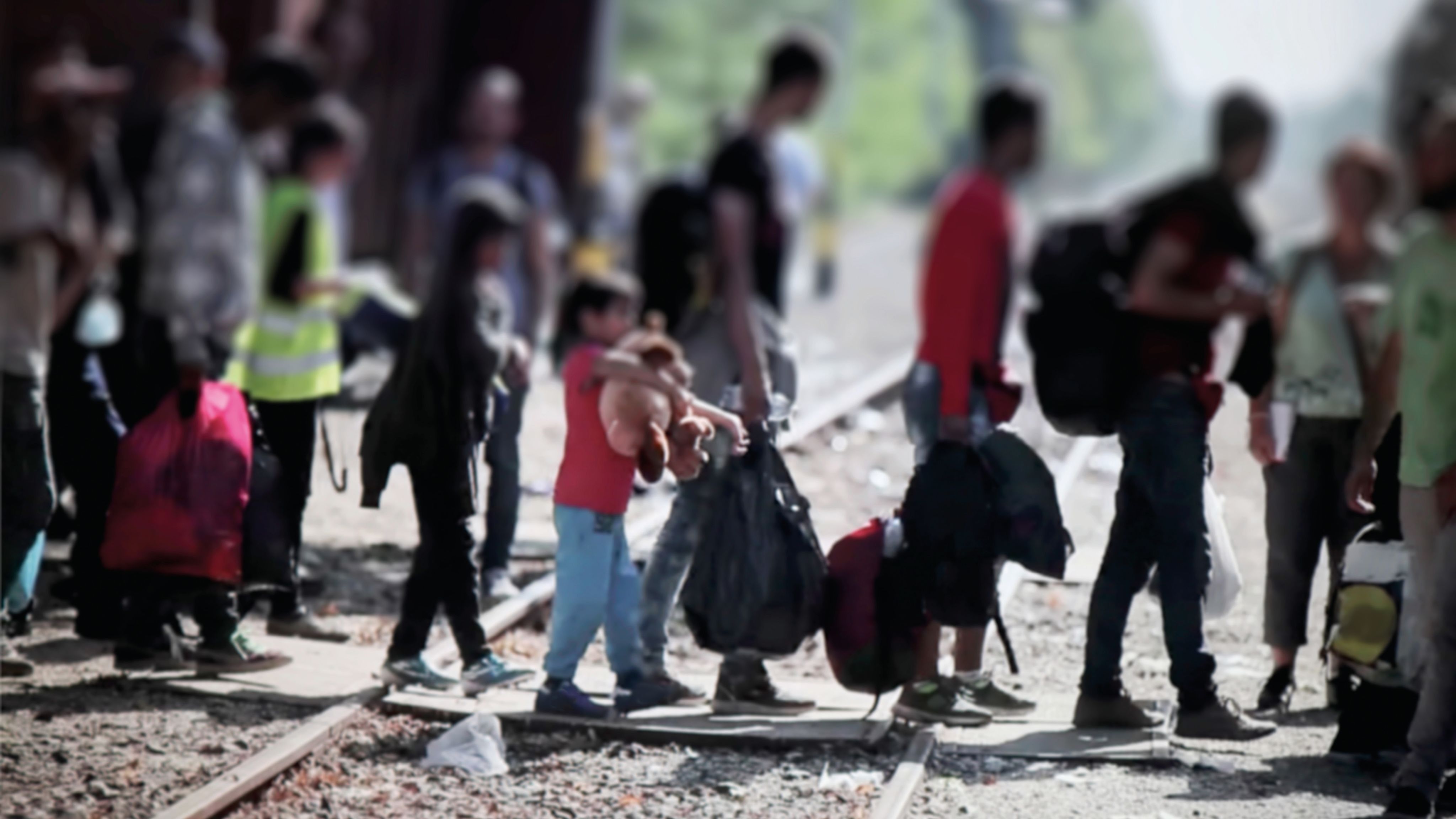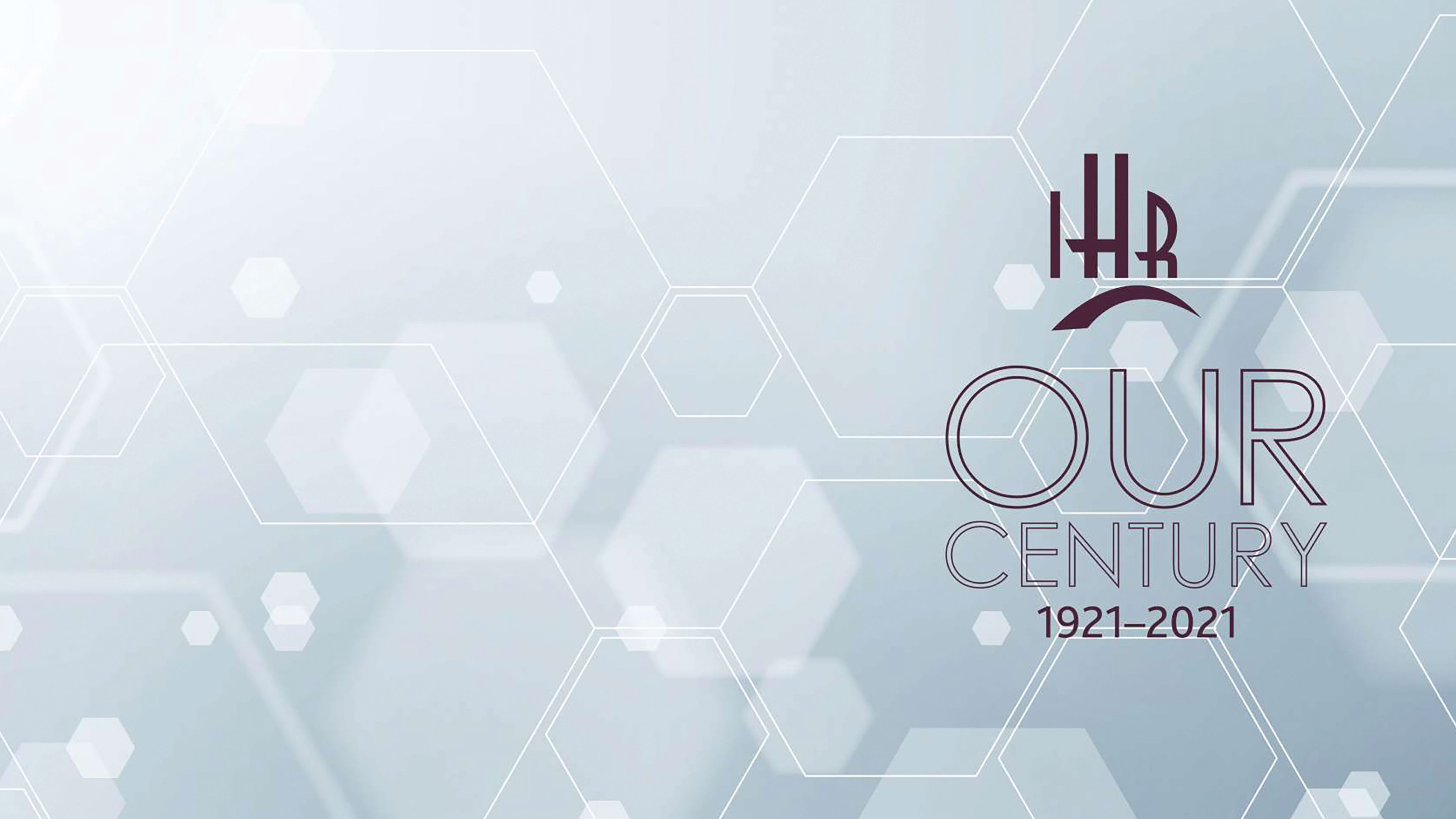NEWS

NEW PARTNERSHIP HARNESSES LONDON’S STRENGTHS IN LOCAL GOVERNMENT AND HIGHER EDUCATION
In July 2021, a new partnership – the London Research & Policy Partnership (LRaPP) – launched between the Greater London Authority (GLA), London Councils, the University of London and the Research England-funded Capabilities in Academic-Policy Engagement (CAPE).
The LRaPP aims to harness the capabilities of London’s more than 40 universities with the policymaking expertise of London government. The partnership is part of a growing movement to connect universities with their home cities, with a view to developing, testing and launching new approaches to solving social challenges.
University of London (UoL) Professor of Practice Ben Rogers, who leads the LRaPP, said: “We recognise that there have been, and there are, many examples of London academics and London’s public sector working together. But most of these relationships have developed in a fairly ad hoc way. This new partnership aims to take a more systematic approach, by supporting proactive and sustained engagement between the higher education and government sectors.”
UoL Vice-Chancellor Professor Wendy Thomson said: “Local authorities, businesses, and civil society groups can benefit from the knowledge, independence and innovative capacity of academic experts, but academic experts benefit from the insights, connections, power and influence of policymakers, businesses and civil organisations. The LRaPP will provide a practical, real world framework to bring all these elements together. There is growing appreciation of the potential of joint working between policymakers and academics and with this partnership London will be leading the way.”

To find out more about the partnership, visit the website.

USING AI TO MAKE HISTORICAL COLLECTIONS ACCESSIBLE
Researchers at the University’s School of Advanced Study (SAS) are part of a pioneering new project – Congruence Engine – that will explore the use of Artificial Intelligence (AI) to make historical and museum collections more accessible to researchers and the public.
Congruence Engine will exploit AI techniques to link and release the research potential of a huge range of digital heritage resources. It will uncover new ways of researching historical artefacts and data. It will also help develop ways to link researchers and members of the public with the historical and museum collections in which they are most interested.
Led by the Science Museum Group, with multiple university and cultural heritage partners, it is the first major award of funding for SAS’s new Digital Humanities Research Hub headed by Professor Jane Winters, who is also one of the co-investigators. She was also a co-investigator for the ‘Towards a National Collection’ initiative, Heritage Connector, which feeds in to this much larger project.
To read more about the Digital Humanities Research Hub, visit the website.

A NEW HORIZON FOR URBAN SCHOLARSHIP
The University of London (UoL) has established a global fellowship opportunity piloted by the University of London Institute in Paris , in partnership with UCL’s Bartlett School of Architecture and Queen Mary University of London, the UoL federation’s leading centres of research and learning in urban history, culture, design and theory.
The Banister Fletcher Global Fellowship aims to build experientially-embedded research that reflects and informs the ways Paris and London are both distinct and connected. In the context of the pandemic crisis, which is heightening still more the rising nationalism, deepening inequalities, and environmental crisis of the contemporary era, the Fellowship invites interdisciplinary work to help shape new understandings of how public works, private investment, and civil-society action interact and impinge upon one another.
The 2021 Fellow Dr Min Kyung Lee curated a series of events entitled ‘The Quantification of Urban Space’, which took place between February and May 2021. The programme aimed to understand the social, cultural and epistemological consequences of the comprehensive quantification project on the urban forms and inhabitants of metropoles including London, Paris and beyond.
Watch recordings of the events here.

PODCAST SERIES EXPLORES HOW THE PANDEMIC HAS CHANGED US
The University’s School of Advanced Study (SAS) has collaborated with Change Makers to produce a series of interviews with key public figures, exploring how the pandemic has changed them, and what challenges (and benefits) it will have for society in the future.
The podcast series is hosted by Michael Hayman CBE, co-founder of the campaigns firm Seven Hills and Honorary Professor of the Purpose Economy at SAS. Guests have included Gordon Brown, United Nations Special Envoy for Global Education and former Prime Minister and Chancellor of the Exchequer; and Mary Ann Sieghart, journalist, author and former chief political leader-writer and senior editor of The Times.
Professor Jo Fox, Pro Vice-Chancellor (Research & Public Engagement) and Dean of the School of Advanced Study, said: “As we approach new societal challenges, we will need an understanding of the human dimensions of our most pressing issues: threats to democracy, the recovery from the pandemic, including the inequalities it has revealed, personal and community resilience, social justice, climate change, increasing reliance on AI, and the technologisation of traditional human processes.
“This series explores some of the ways we will need to tackle these as a society, and as individuals. The podcasts provide compelling ideas on the ways we have had to change our lives as a response to the pandemic, and what that means for all of us as individuals and as a society.”
Listen to the podcasts here.

IMPORTANCE OF THE WORK OF THE REFUGEE LAW INITIATIVE RECOGNISED BY THE UN
The Refugee Law Initiative (RLI) research centre at the University of London’s School of Advanced Study has taken another important step in its quest to raise the profile and understanding of internal displacement and the situations faced by an estimated 55 million internally displaced persons (IDPs) globally.
With the networks it has been supporting in Africa, Latin America and the Middle East, the RLI has launched Researching Internal Displacement, a major new online hub for independent analysis, and a free online training course on Internal Displacement, Conflict and Protection.
The online hub will connect researchers, practitioners, policymakers, students, artists and people from displacement-affected communities with cutting-edge research, analysis, creative materials and events. In doing so, it will continue the important work of the Internal Displacement Research Programme (IDRP) which is hosted by the RLI and has made valuable contributions to the long-anticipated UN Secretary-General’s High-Level Panel on Internal Displacement report, Shining a Light on Internal Displacement: a Vision for the Future.
The report also cites research by IDRP and RLI director Professor David Cantor, the Health and Internal Displacement Network and IDRP affiliates. Recognising RLI’s participation, the report states: “The Panel benefited from research and analysis through a pro-bono partnership with the University of London Refugee Law Initiative’s Internal Displacement Research Programme. The programme facilitates regional networks of researchers in Africa, Latin America and the Middle East on internal displacement.”
Professor Cantor and Dr Gabriel Cardona-Fox, a senior research associate at RLI, have responded to this potentially ground-breaking panel report with a blog post on the Researching Internal Displacement website. It is entitled ‘UN High-Level Panel on Internal Displacement: can a new development-based approach bring solutions to this global crisis?’
Read more at: researchinginternaldisplacement.org

IHR CELEBRATES ITS 100TH ANNIVERSARY
To commemorate its centenary, the Institute of Historical Research (IHR), part of the School of Advanced Study, has launched ‘Our Century’ – an exploration, celebration and reappraisal of history’s past, present and future.
A programme of National Centenary Events runs until May 2022, bringing together universities, museums, archives, artists, musicians and volunteers to engage local and national communities with the discipline and practice of history. For more information, please see: history.ac.uk/our-century/national-centenary-events
Our Century will see the IHR promote the value and power of historical thinking, celebrate diverse histories from our previous century, and look ahead to history’s future in the coming century. Professor Claire Langhamer, who in October 2021 joined as Director of the IHR, said, “My ambition for the IHR as it enters its second century is for it to be the engine that drives, connects and sustains genuinely democratic forms of history-making. I would like it to be characterised by collaboration and co-production as well as curiosity; I would like it to be defined by its diversity – a diversity of people and voice, focus and method, and by its commitment to equality in all of its manifestations; and I would like it to be capable of working at scale – across national boundaries.”
For more information about IHR’s centenary celebrations, visit: history.ac.uk/our-century

UOL CAMPAIGN WINS HEIST AWARD
The University of London has won an award for its ‘Make Yourself at Home’ campaign, which promoted the University as a trusted provider of flexible online and distance learning for over 160 years.
The University won gold in the category of Best Brand/Reputation campaign at the 2021 Heist Awards, which recognise excellence and innovation in education marketing. The judging panel said: “This was a well-timed campaign that achieved a lot with a limited budget.”
The ‘Make Yourself at Home’ campaign highlighted the University’s free Massive Open Online Courses (MOOCs), individual modules, and undergraduate and postgraduate programmes, all of which can be studied anywhere in the world, from the comfort of your own home, showing how the University continues to make education accessible to all.

Find out more at: london.ac.uk/make-yourself-home

NEW CENTRE EXPLORES THE RISE OF EMOTIONAL POLITICS
The importance of feelings for politics is at the heart of an exciting new joint venture between London universities. A new interdisciplinary ‘Centre for the Politics of Feelings’ was established in September 2021 at the University of London, in a partnership between its School of Advanced Study and Royal Holloway, University of London, with the generous support of the NOMIS Foundation.
The Centre is led by Manos Tsakiris, Professor of Psychology at Royal Holloway, and aims to address, from a multidisciplinary perspective, how emotions and their underlying neurophysiological mechanisms shape our political beliefs and behaviour, as well as how politics shapes and exploits our emotions.
Research fellows across life sciences, social sciences and the humanities will form the first generation of scholars to work at the Centre. Beyond its core team based in London, it will also forge collaborations with other academic and non-academic partners, and will be supported by an international advisory board of leading scientists and scholars.
While the presence of emotions in politics has long been assumed, the Centre intends to bring a new and unique interdisciplinary perspective, creating the intellectual space where different disciplines can work together to understand the intricate relation between emotions and politics in the 21st century of increasing polarisation, fake news, social media, precarious health and rising populism.
To learn more, visit: politics-of-feelings.com
